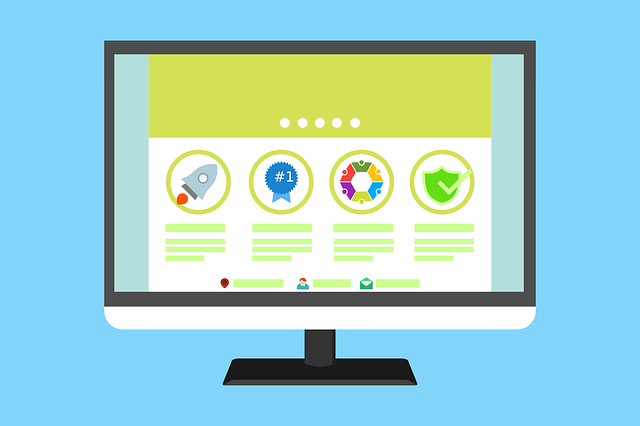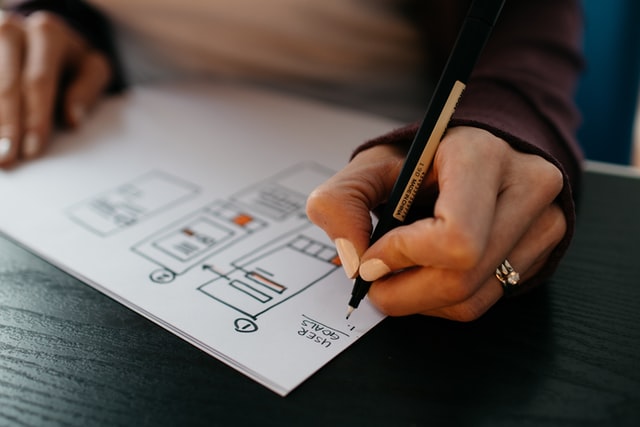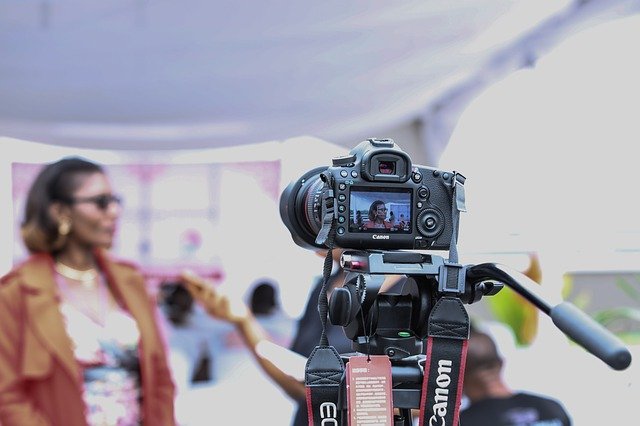Ask an Austin Web Designer: What Features Should My Homepage Have?

Every website needs an effective homepage design. We live in a time where consumers can take a quick glance at a web page and know whether or not they will be interested. Their perception of this single web page will translate into their perception of your whole brand. This means that you have to capture their attention from the very beginning. Only then will they be willing to check out the rest of your site, which is the biggest goal of a homepage. With the help of an Austin web designer, you are more capable of satisfying this instant generation and increasing both page views and sessions. Let’s consider the elements that make up a good homepage.
H1 and H2 Tags
Your headlines need to be clear, simple, and purposeful. The H1 tag should serve as the title of the web page. As the biggest text, its intention is to draw a visitor’s attention. Alternately, the H2 tag is a guiding element. They will provide an explanation of what to expect out of the following content. You don’t have a lot of time before a user bounces, so make the first few seconds on your homepage count. The better you address the user’s needs to begin with, the more likely they are going to go through the rest of your site. So, don’t go overboard with technical jargon. Although some people who view your site would understand it, the majority should be eased in with word choices that are fitting for any newcomers to the subject.
Clear Call to Action
An Austin web designer will encourage your customers to move down the buyer’s journey funnel. Regardless of which web page they are on, there should be an indicator of what action you would like them to take. For instance, maybe you are asking them to sign up for your newsletter. Or it could be that you want them to purchase a product, sign up for a consultation, or download your latest e-book. The best way to do this is through the use of user experience (UX) buttons. There are a variety of button styles to choose from but, no matter which ones you choose, make sure that they are consistent.
Branded Elements
Your homepage should be showing off who you are. A big part of this is stamping your logo where anyone can clearly see it, such as in the navigation bar. It is recommended to also set it as the favicon, which is the icon that is displayed in the address bar of every browser. Another part of branding is using images that are relevant to your business because they were created by your business. While you can use stock images elsewhere, such as on your blog, your homepage is not the place for them. Considering 70% of people prefer to learn about organizations through content as opposed to advertising, you need an Austin web designer to get your site looking valuable from the jump.

Photo by Kelly Sikkema on Unsplash
Listed Resources
One of your goals should be to keep visitors on your website beyond just your homepage. Luckily for you, if they decide that you appear to be someone they’d like to work with, they will stick around. Although, this isn’t just based on your clean, branded design. It’s also about the services you offer, which means they should be able to locate them. Include resources links in the footer of your website. On the WEBii homepage, not only do we list our services in the footer, but we have sections briefly explaining each of them within the body of the page. In both cases, when you click the service, it leads you to the respective web page.
Navigation Menu
Everything on your website should be easy to use, and the navigation menu is no different. It is necessary for any site that has more than one page. Your navigation menu is the space across the top of your website which shows your links in a hierarchical structure, and is the first thing that a person will see on your homepage. An Austin web designer should ensure that the text is readable, meaning it has the right contrast, font, sizing, and spacing. You need to give users a clear path of your key pages to go down. Doing so will decrease your bounce rate.
Contact Information
Customers are going to need to know how to reach you, whether it’s for an issue they are experiencing or to team up with you on a project. For this reason, your header and footer both need to have your contact information. This could come in the form of links to your contact page, or the information itself. Every business should include an email and phone number, and brick-and-mortars should add on their mailing address. Also, if you have social media pages—which we highly recommend you do—link back to those. It will show where your credible sources are so that people always know who they are receiving information from.

Photo by Pexels on Pixabay
Indicators of Success
People want to work with trustworthy businesses. The fact of the matter is, just because you claim that you are a trustworthy business doesn’t mean that everyone is going to buy into it. Instead, you should use the words of past clients. They help visitors get a good first impression of you. This can be done by encouraging customers to check out your case studies, pulling quotes from reviews, or highlighting your awards. You want them to see that you know a thing or two about the industry, while convincing them that you are a cut above your competition.
Engaging Content
Your homepage should be broken up into sections. These sections need to not be bogged down with too much information. Otherwise, what is the point of your other web pages? Give visitors just enough content to keep them interested, while pushing them toward your blog and or products. Do you have an introductory video of your team that you can include? Your Austin web designer can easily imbed it into your homepage. It’s a great option for getting consumers to know your business beyond how it’s described. You get to directly introduce them to your brand’s personality. Once again, humanizing your business is what truly gives you credibility to users, so take advantage of that where you can.
Look no further for an Austin web designer. For over two decades, WEBii has been specializing in custom design and development. We have experience across a wide array of industries. Whether you are wanting to sell products through an e-commerce website or create an online classroom experience, we have your back. If you are an organization that is interested in having a professional site, contact us today.
Posted in: Content Marketing, Digital Marketing, SEO, Small Business, Web Design, WWW Learning Center
Comments are closed.
Latest & Greatest
- Beyond Pretty Pictures: Why Solid Web Design Matters (More Than You May Think)
- Getting Creative with Your 404 Not Found Page Design
- Web Design Solutions: Which Option Is Right For You?
- Maximize Your Site Redesign Budget: What Texas Web Developers Need From You for a Cost-Effective Collaboration
- Responsive Web Design in Austin: Why It Matters For Your Local Business
- How to Prepare Your Website for a PR Campaign
- Why Defining Your Organization’s Strategy is Key to Brand and Marketing Development
